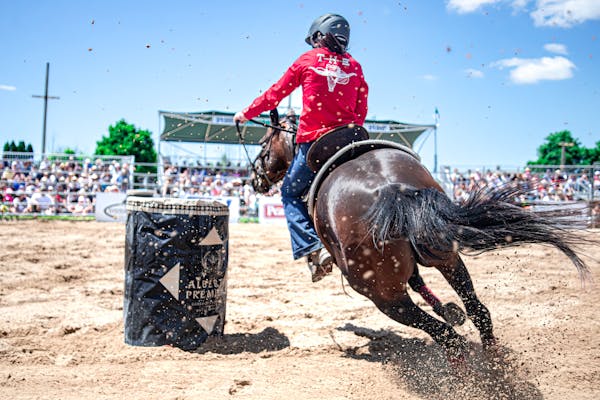The first instance of sports broadcasting occurred in 1911 when a group in Lawrence, Kansas recreated football plays that were occurring in Missouri by using a telegraph system. This was the precursor to today’s television and radio broadcasting methods.
In addition to sports analysis and commentary, sports broadcasters often conduct interviews with athletes, coaches, and experts. They may also host pre- and post-game shows.
Broadcasting a Game
Sports broadcasting such as 스포츠중계 is the distribution of sports events and information through mass media outlets. This includes television, radio, and the internet. The sport broadcasting industry is a multi-million dollar industry both in the United States and across the world. Its popularity has led to the creation of sports teams and leagues with celebrity-like status, and a booming video game market.

Today, most people get their sports news and information through television and the internet. Streaming video is a popular method of sports broadcasting that allows you to show sideline interviews, prerecorded player interviews, and commercials without taking the viewer’s eyes off the gameplay.
Sports broadcasting is a huge part of the current media world, with almost every cable network dedicating a channel to a certain sport or team. Many professional athletes go on to participate in the world of sports broadcasting after their playing careers are over, often lending their expertise as commentators or analysts for networks such as CBS and Fox.
Reporting a Game
A sports broadcaster is a television or radio announcer who covers and analyzes sporting events. They are well-versed in the rules, strategies, and history of their chosen sport and must be able to communicate clearly to their audience. They also conduct pre- and postgame interviews with coaches and players.
In addition to providing analysis, sports broadcasters are responsible for describing the game’s plays as they occur. This involves a lot of physical movement and the ability to handle fast-paced action. It also requires a solid grasp of the terminology of the sport and an understanding of its scoring system.
Graduate students should spend a significant amount of their time building a demo reel, which showcases their skills and experience in sports broadcasting. The best programs provide students with access to world-class equipment, software and production studios. Sacred Heart’s location in the heart of the media industry gives its graduate students extensive networking and recruiting opportunities.
Getting a Job
A career in sports broadcasting can be a challenging one. Many aspiring broadcasters spend years behind the scenes working at small teams in tiny markets before they get a shot at being on the air. Even then, the competition is stiff.
It is important to have a strong educational background in order to get a job in this field. A bachelor’s degree in media, broadcasting or communications is ideal. This degree will give you a deeper understanding of production and sharper communication skills.
To make a name for yourself in this field, it is important to create a portfolio that showcases your work. This can include practice tapes from radio or TV experience, a highlight reel from your college program or video clips of you in action at sports events. Then, send this to every station and team in your area. Hopefully, you will hear back from at least some of them. If not, keep trying!
Getting a Degree
The path to becoming a sports broadcaster begins with earning an undergraduate degree. Most colleges and universities offer degrees in broadcasting or journalism, but students who want to become sports broadcasters should choose a program that specializes in the field.
While attending school, take advantage of opportunities to build a resume that includes broadcasting experience. Work on campus radio stations or at local television outlets. Also, try to find time to announce games for school sports teams or at nearby venues. These types of on-air experience will help you to gain confidence and learn the responsibilities involved in this type of job.
Aside from a strong paper resume, most TV and radio stations will require aspiring sports broadcasters to have a demo tape or reel. These are recordings of your best on-air performances from your coursework, on-campus radio or TV experience, or an internship. These will serve as your first impression and can make or break your chances of landing a job.